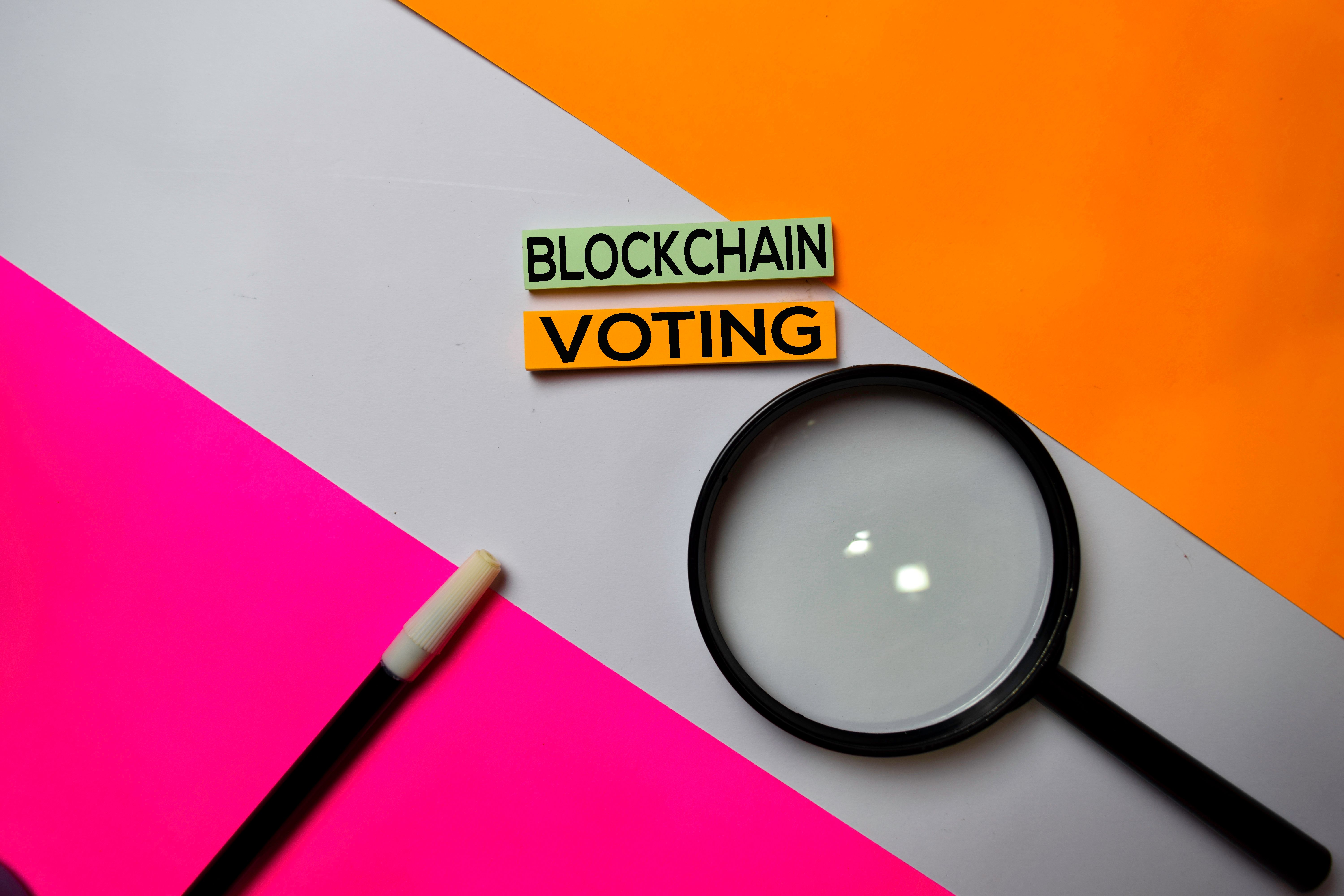Blockchain-Based Voting Systems: Transforming Local Elections in Africa
Introduction to Blockchain Voting Systems
In recent years, blockchain technology has emerged as a transformative force across various sectors, including finance, healthcare, and supply chain management. One of its most promising applications is in the realm of voting systems, particularly for local elections in Africa. By leveraging the decentralization and transparency inherent in blockchain, these systems have the potential to enhance electoral integrity, increase voter participation, and reduce fraud.
The traditional voting systems in many African countries have faced challenges such as ballot tampering, voter intimidation, and logistical inefficiencies. Blockchain-based voting systems offer a solution to these issues by providing a secure and transparent platform for conducting elections. As more nations explore this technology, it's essential to understand how it can revolutionize the electoral process.

How Blockchain Voting Works
Blockchain-based voting systems operate on a decentralized network of computers, ensuring that no single entity has control over the entire process. Each vote is recorded as a transaction on the blockchain, creating an immutable ledger that is visible to all participants. This transparency increases trust among voters and reduces the likelihood of fraud.
Moreover, the use of smart contracts can automate various aspects of the electoral process, such as vote counting and results verification. These self-executing contracts eliminate the need for manual intervention and reduce human error.
Advantages of Blockchain Voting
The implementation of blockchain technology in local elections offers several advantages:
- Security: Blockchain's cryptographic nature ensures that votes cannot be altered or deleted once recorded.
- Transparency: All transactions are publicly accessible, allowing voters to verify that their votes have been counted accurately.
- Accessibility: With blockchain, voting can be conducted digitally, making it easier for people in remote areas to participate.

Challenges and Considerations
Despite its potential benefits, implementing blockchain voting systems in Africa is not without challenges. One major obstacle is the lack of digital infrastructure in certain regions, which can hinder widespread adoption. Additionally, ensuring voter privacy while maintaining transparency is a complex issue that developers must address.
Another consideration is the need for robust cybersecurity measures to protect against hacking attempts. While blockchain itself is secure, the devices used to access the voting system may be vulnerable to attacks.
Cultural and Social Impacts
The introduction of blockchain voting systems could have profound cultural and social impacts in African communities. By fostering greater trust in the electoral process, these systems can encourage higher voter turnout and civic engagement. Furthermore, they can empower marginalized groups by providing a more inclusive platform for participation.

The Future of Voting in Africa
As more African countries experiment with blockchain-based voting, it's crucial to monitor these initiatives' outcomes and refine the technology accordingly. Governments and developers must collaborate to address technological challenges and ensure that these systems are accessible to all citizens.
Ultimately, the adoption of blockchain voting systems has the potential to transform local elections across Africa. By increasing transparency, security, and accessibility, these systems can pave the way for more democratic and equitable electoral processes.
Conclusion
Blockchain-based voting systems represent a significant step forward in addressing longstanding issues in African elections. While challenges remain, continued innovation and collaboration can help overcome these obstacles, leading to more secure and transparent elections. As this technology evolves, it holds great promise for enhancing democracy across the continent.
